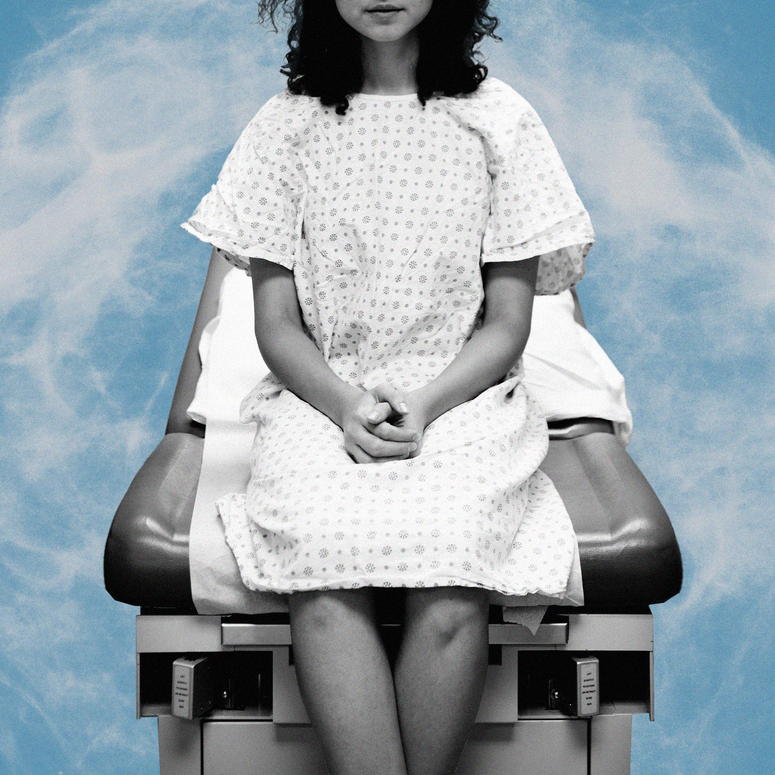
Breast cancer screening should start at 40 years old, according to new mammogram guidelines from the US Preventive Services Task Force.
The USPSTF, which is an independent task force comprised of national experts in disease prevention and evidence-based medicine, published its Final Recommendation Statement on breast cancer screening. Per the new guidance, women with an average risk of developing cancer start screening for breast cancer every other year starting the age of 40 and through the age of 73. (The use of the term women refers to includes both cisgender women and people assigned female at birth, per the USPSTF).
The change in guidelines, which lowered the recommended starting age for biyearly mammograms from 50 to 40, stems from a rise in breast cancer in women in their 40s.
“More women in their forties have been getting breast cancer, with rates increasing about 2% each year, so this recommendation will make a big difference for people across the country, Task Force chair Wanda Nicholson, MD, MPH, MBA, said in a press release. “By starting to screen all women at age 40, we can save nearly 20% more lives from breast cancer overall.”
Read more
Olivia Munn was diagnosed with breast cancer just two months after a normal mammogram. Alarming—but not that rare, according to her doctor.
Dr. Nicholson also noted how new-and-improved approach will especially benefit Black women, who are 40% more likely to die of breast cancer than white women. “This new approach has even greater potential benefit for Black women, who are much more likely to die of breast cancer,” Dr. Nicholson said.
Overall, starting breast cancer screening at 40 is expected to save 19% more lives, according to the USPSTF.
Until then, the task force says there’s more work to be done. “We need to know how best to address the health disparities related to breast cancer so all women can live longer and healthier lives,” said Task Force vice chair John Wong, MD. “Clinicians must help reduce any barriers to patients getting the recommended screening, timely, equitable, and appropriate follow-up, and effective treatment of breast cancer.”
More scientific research is required as well, especially in terms of prevention and treatment for women with dense breasts as well as potential advantages and disadvantages of screening women 75 and over.
“Women deserve to have the best science available to guide them on how to protect their health, and we’re asking the research community to prioritize studies that can show us how best to screen for breast cancer in women with dense breasts,” says Dr. Nicholson. “In the meantime, women with dense breasts should talk with their clinician about options for follow-up testing so that they can get the care that’s right for them.” Nearly half of women have dense breasts, per the press release.
It’s also worth noting that while screening guidelines have been updated for women with average risk of developing breast cancer, it does not apply to “people who have a personal history of breast cancer, who are at very high risk of breast cancer due to certain genetic markers or a history of high-dose radiation therapy to their chest at a young age.”



